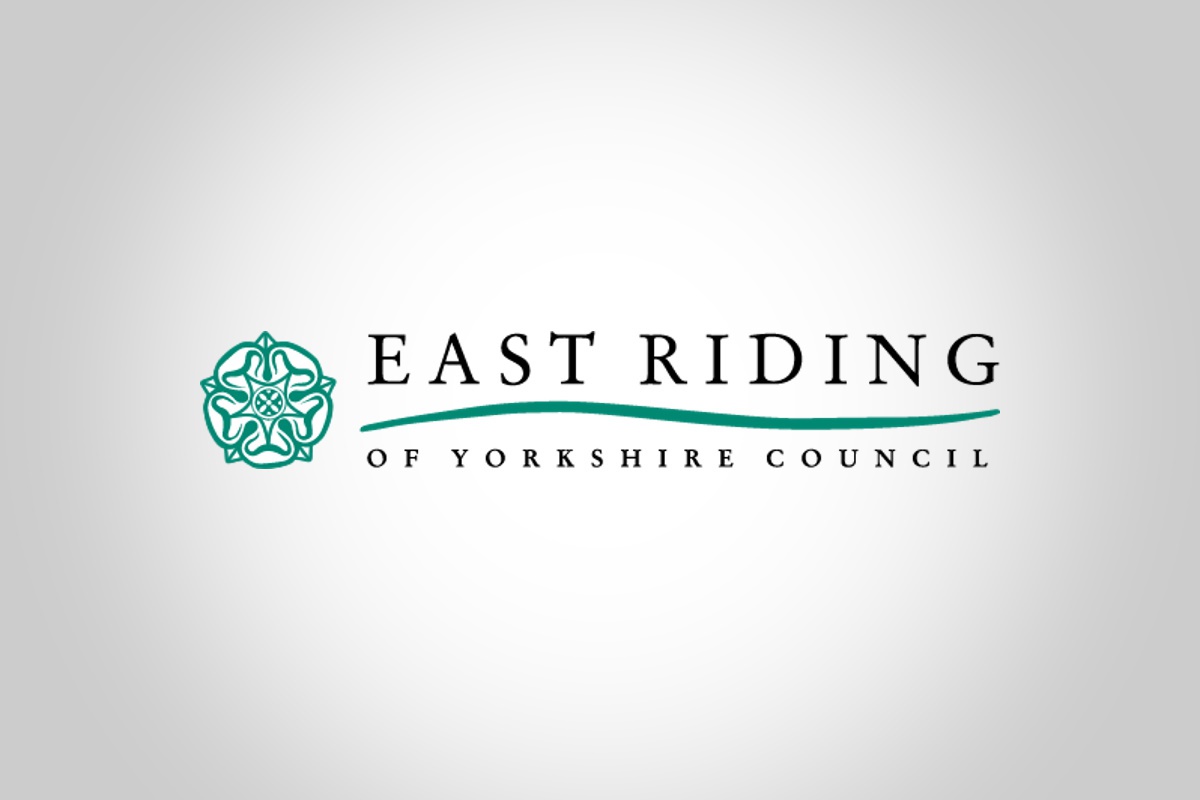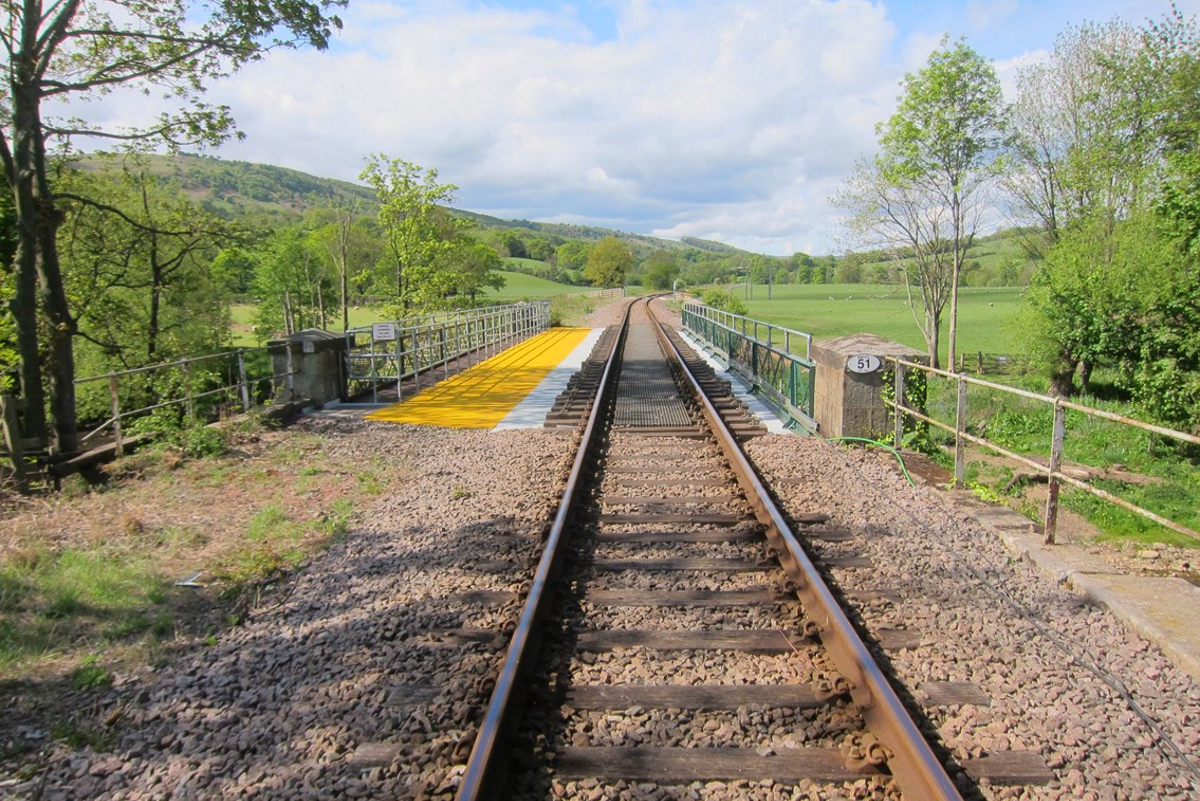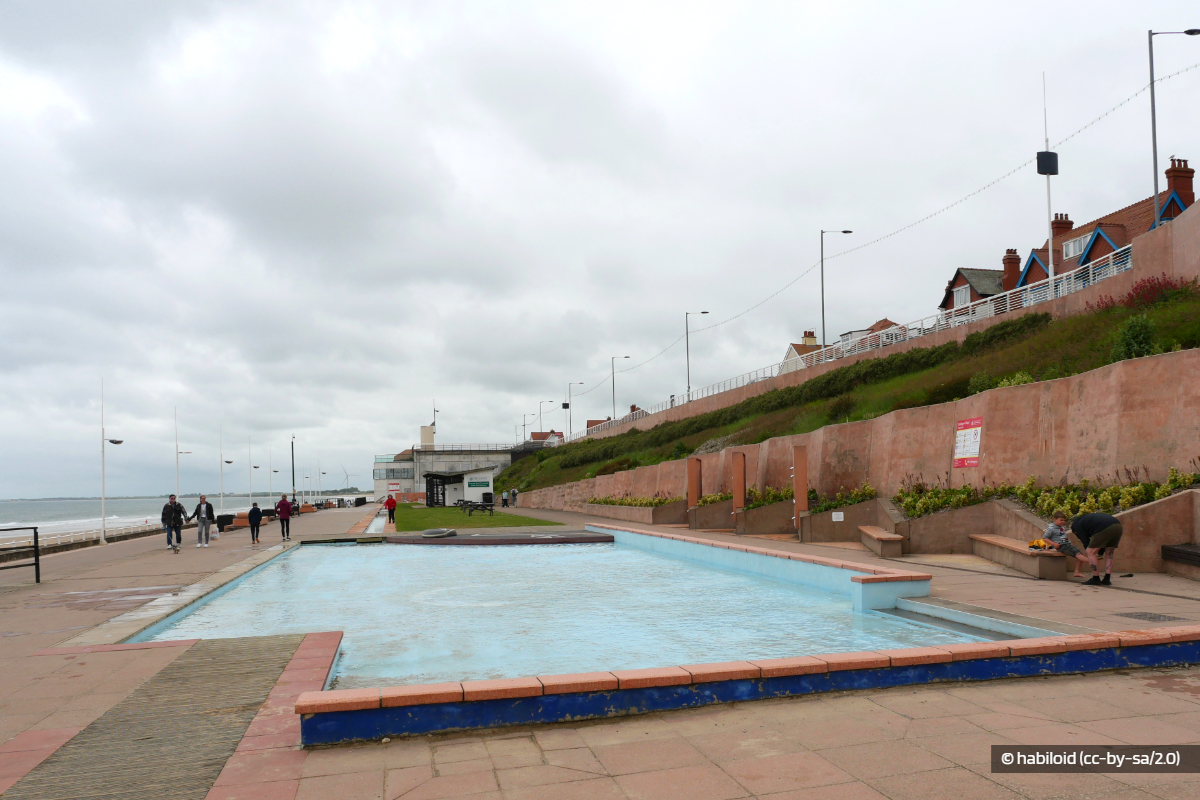
Greater powers over buses, a new train station and more training for people all feature in the details of the proposed East Yorkshire devolution deal announced on Wednesday.
A document setting out the scope of the new Hull and East Riding Mayoral Combined Authority was released yesterday following the deal’s unveiling during Chancellor Jeremy Hunt’s Autumn Statement.
It sets out the structure of the new authority, what powers it and a new East Yorkshire mayor would have and what it would look to do in areas such as housing, transport and jobs.
The document states:
“A devolution deal offers the opportunity to leverage Hull and East Yorkshire’s sectoral strengths in the transition to a more productive, low carbon economy whilst improving the living standards and economic opportunities for their most deprived communities.
“This will build on a long and successful history of partnership working between the two authorities with a focus on their combined strengths in sustainable energy generation, flood risk and environmental management and water-sensitive regeneration.”
A consultation of up to eight weeks would begin on the deal in the new year if Hull City Council and East Riding Council give it the go ahead.
The document published by the Department of Levelling Up, Housing and Communities gives an idea of how the proposals including £400m in investment over 30 years could look.
How the new Mayoral Combined Authority would look
The new authority would be led by a mayor elected for the first time in May 2025 to serve a four-year term.
The combined authority itself would be made up of the mayor, along with two elected members from each council which would each nominate a substitute.
Up to four members from outside the councils could also be appointed but they would not have a vote unless they are given one on specific issues.
One would be from the authority’s Business Board and the other would be Humberside’s police and crime commissioner.
The combined authority would be able to amend the mayor’s budget and transport strategy if three of the four voting members agree.
The mayor would be able to delegate functions to members of the authority and they would also be allowed to appoint a political adviser.
A new Overview and Scrutiny Committee made up of 12 councillors, six nominated from Hull and six from the East Riding, would hold them to account.
Hull City Council and East Riding Council would continue to perform their existing functions except on transport which will be handled by the new authority.
What powers the Mayoral Combined Authority would have
The mayor and the combined authority would have the power to set up a development corporation to handle regeneration projects including acquiring land.
They would also be able to support housing projects and regeneration, again including acquiring land for developments.
Precept charges could also be levied on council taxes to fund the mayor’s functions along with a business rate supplement subject to a ballot.
The mayor and authority would also be able to draw up a local transport plan and strategies.
The deal states that the authority could get more responsibilities over time, as has been seen in the devolving of more powers to Manchester and the West Midlands.
Transport
The deal includes £15m on the top of the £400m investment funding earmarked for transport, along with flooding and coastal erosion programmes.
It would also receive shares of £2.5bn for local transport in areas outside big cities, £770m for bus service improvements and £3.3bn to fix potholes under the Network North programme.
Powers over buses would include subsidising services, offering concessionary fares and franchising local routes.
The mayor could potentially take on some powers over roads but this would have to be agreed with the Government and they would otherwise remain with the councils.
East Yorkshire would also be considered a priority for any agreements allowing it to influence local rail services, along with other authorities created as a result of devolution.
A commitment to electrify rail lines between Hull and Leeds and Sheffield is also included in the proposals.
The deal states this would cut journey times to Leeds by 10 minutes and to Manchester by 23 minutes, enabling two trains an hour to both Leeds and Sheffield.
Expanding and improving rail services elsewhere in the area, including with a new Melton/Ferriby Parkway Station, are also included.
The deal also describes East Yorkshire as an excellent laboratory to trial new transport ideas given its mix of urban towns and the city of Hull and the rural East Riding.
Skills, education and employment
Hull and the East Riding would get a budget for adult education devolved from the Government as part of the deal.
This would help with planning for providing training to local people to make so they have skills that are in demand in the local economy.
The measures are part of efforts to tackle deprivation in Hull and parts of the East Riding and the area’s generally low waged, low skilled workforce.
Housing
The new authority would have the power to acquire and dispose of land including through compulsory purchasing for building homes, as well as commercial developments and infrastructure.
It would also get £4.6m to build new homes on brownfield land if eligible projects come forward, with further funding expected in future years subject to Government decisions.
East Yorkshire would also set up a Land Commission which would draw up a long-term strategy for the use of public land holdings.
Up to £1m is also set to be granted for a link road scheme in Howden as part of plans to build up to 1,900 homes there.
Energy and environment
The Government would look at measures to retrofit buildings as part of efforts to cut carbon emissions under the proposals in the deal.
Devolved skills powers would also cover the promotion of new green jobs, including in carbon caption and storage such as the Viking transport and storage system along the Humber.
Support for the potential future expansion of Siemens Gamesa’s Alexandra Dock site with up to £5m comes as part of efforts to boost offshore wind production.
Efforts to adapt to coastal erosion in the East Riding could also including repairing or replacing damaged beach accesses, transport links or other infrastructure.
Proposals also include turning land threatened by coastal erosion into temporary car parks or wildlife habitats.
Ways to move communities away from rapidly eroding coast lines would also be looked at.
Culture and tourism
The new authority would look at new ways to promote culture, sports and tourism in East Yorkshire and build on the legacy of the City of Culture year in Hull.
It would also look at ways to grow the amount spent by tourists and get attract national and international visits throughout the year rather than just in the tourist season.




 Former Scarborough Athletic Chairman Expresses Confidence in Ground Issue Resolution
Former Scarborough Athletic Chairman Expresses Confidence in Ground Issue Resolution
 Esk Valley Community Railway Backs Train Use for Whitby School Pupils
Esk Valley Community Railway Backs Train Use for Whitby School Pupils
 Concern Over Bridlington Paddling Pool Use
Concern Over Bridlington Paddling Pool Use
 Scarborough and Whitby MP Raises Concerns Over PIP Changes at Prime Minister's Questions
Scarborough and Whitby MP Raises Concerns Over PIP Changes at Prime Minister's Questions
 Yorkshire Coast Towns Could Get Share of £1.2m Investment
Yorkshire Coast Towns Could Get Share of £1.2m Investment
 Scarborough Charity's Future Fears
Scarborough Charity's Future Fears
 Hornsea Lifeboat Member Among London Marathon Runners
Hornsea Lifeboat Member Among London Marathon Runners
 Scarborough Rugby's Cup Progress
Scarborough Rugby's Cup Progress
 Mixed Results For Yorkshire Coast Cricket Sides
Mixed Results For Yorkshire Coast Cricket Sides
 Scarborough Athletic Miss Out On Top Half Spot
Scarborough Athletic Miss Out On Top Half Spot
 Whitby Town Savaged By Table Toppers in Final Clash
Whitby Town Savaged By Table Toppers in Final Clash
 Brid Town Beaten By Belper
Brid Town Beaten By Belper








Comments
Add a comment